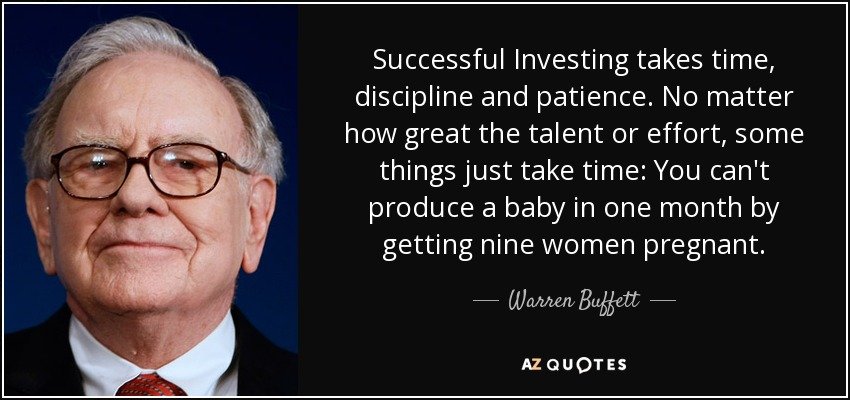For those who have set aside a considerable sum of savings, what usually comes next is how to jump on board the investing bandwagon and to further multiply their fortune. Akin to drivers who had just passed their driving test, new investors are usually lost as to what is in store for them on the bumpy roads ahead.
We highlight 4 things you need to know before entering the stock market.
1. Don’t let emotions dictate your investments
As history has shown, new investors often make the common mistake of buying when the stock market is high and selling when the market is low, behaving the exact opposite of what they actually need to do. You may think it won’t happen to you, but just take a look at the following sequence of events below, which by the way, is fairly common.
- Investors hop onto the investing arena after the cajoling of their close friends or relatives. They listen to stories about how their peers are making a quick killing in the stock market.
- If they are lucky, they start off by losing a little money and decide they need to re-look their investment strategies. If they are unlucky, they start off by winning small bets, and are quickly convinced that they have a knack for trading, and can somehow outperform professional fund managers who have many more years of experience.
- When a meltdown in the market eventually happens, these investors are usually the last ones to exit, holding on to huge paper losses.
- When these retail investors finally see their portfolio wiped out badly, they throw in the towel, usually at the point when the stock is finally bottoming out.
One good example would be the plunge in the China’s stock markets in year 2015. After rising 154% in 4 months, it proceeds to tank more than 60% in the second half of the year, erasing most of the gains from before.
2. An investment in knowledge pays the best return
This quote from Benjamin Franklin sums it up best:
“An investment in knowledge pays the best return”.
Investing in the stock market at the start may seem like a confusing and intimidating process, as you are going head-on with the big financial institutions and savvy veterans.
In today’s context however, interested investors can tap on the numerous online articles and seminars readily available at little or no cost to learn. All it takes is a little effort to understand some basic stock investing principles, which could potentially save you from making basic mistakes that could easily cost you thousands of dollars.
3. Justify your reasons for investing in the particular company
Before you purchase any stock, you need to convince yourself why you are interested in that particular opportunity. It is dangerous to simply buy the stock due to hearsay or analyst reports about it being a hidden gem that will soar 100% by the next year.
Instead, make sure to scrutinize the underlying fundamentals of the company (e.g. net profit margins, good management, etc.) and focus on the very reason behind this investment you have selected.
This is a concept not to be undermined. One year down the road, the market may go through a rocky patch, or the company may experience some temporary bad news. But as long as you can recall the initial reasons behind your investment, you can remove your feelings from the equation and analyse for yourself rationally what the next steps should be.
4. Investing takes time
Active trading and long term investing are a fine line away from each other. If you aren’t willing to buy stocks in a company and hold them for the next ten years, you really have no business owning these stocks in the first place. The simple but painful truth of this is evident on Wall Street every day. Professional fund managers who jump in and out of markets hoping to beat the Dow Jones Industrial Average fail to do the very thing they set out to achieve.
More importantly, it is imperative to know that good stocks do not have to appreciate just because you bought them. In fact, a good company can sometimes go under the radar despite consistently good earning results. Thus, patience is required in order for our investments to pan out over time.
Conclusion
We hope that the 4 factors mentioned above can help serve as helpful guidelines in your search for many good future investments opportunities in the stock market.
Sign Up for Our FREE Weekly Newsletter to learn wealth-building strategies to get you on the path towards financial freedom. On top of that, we will give you a book that teaches you the hallmarks of multi-bagger stocks and how to find them.
Receive your eye-opening FREE Ebook titled – “100 BAGGERS” by Christopher W. Mayer by clicking today!
Last but not least, do remember to Like us on Facebook too as we share the latest investing articles and stock ideas for you!

